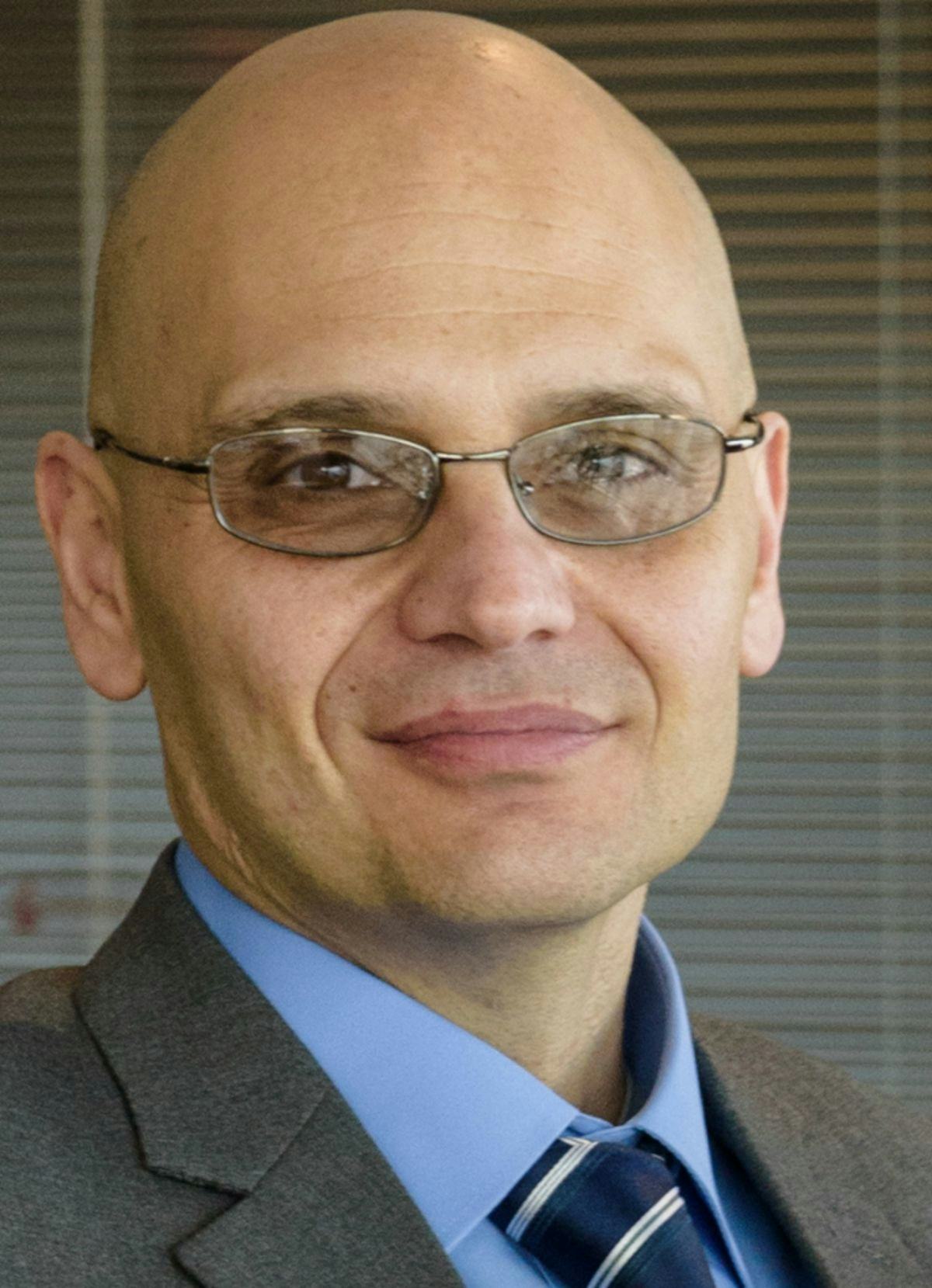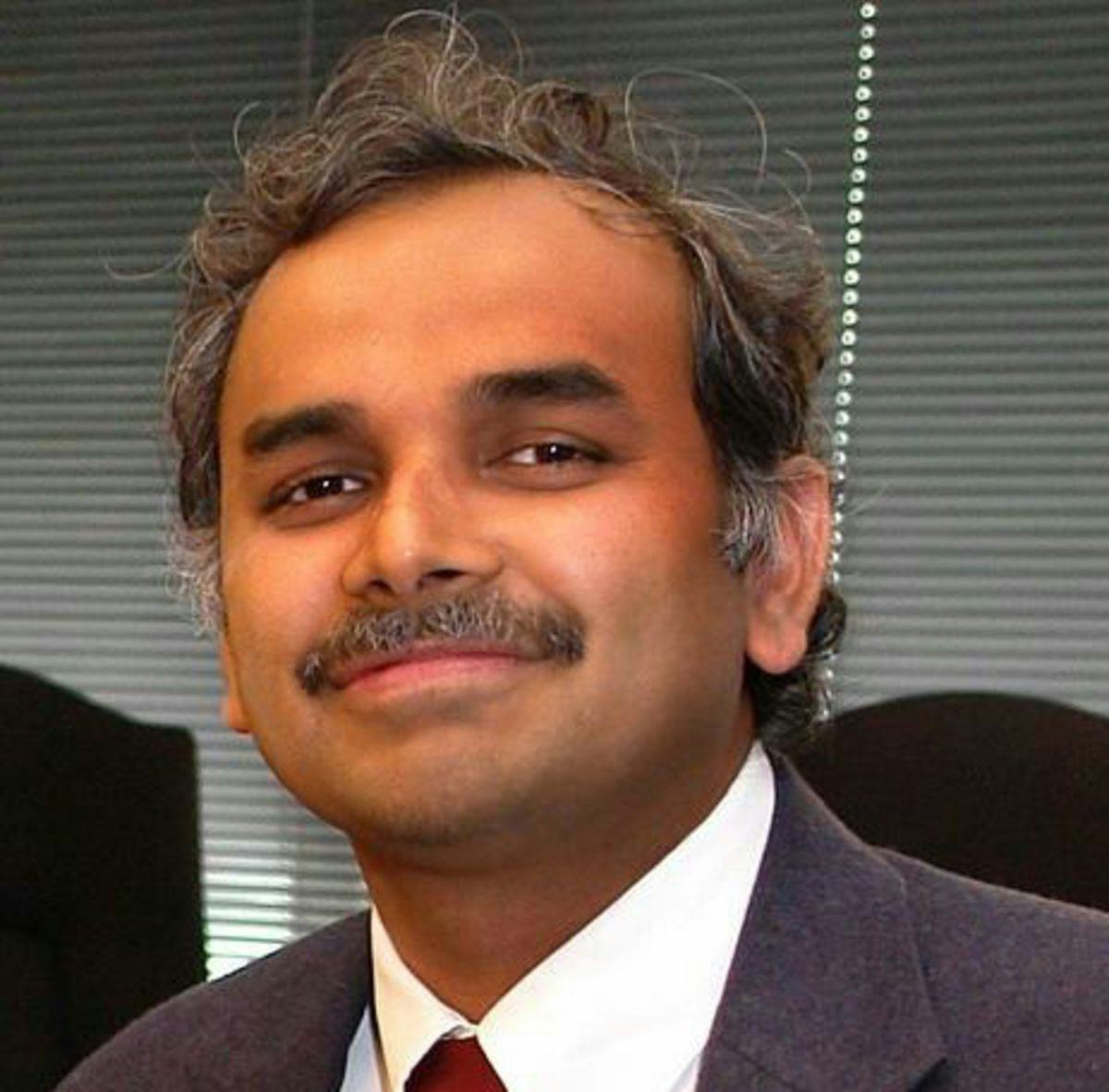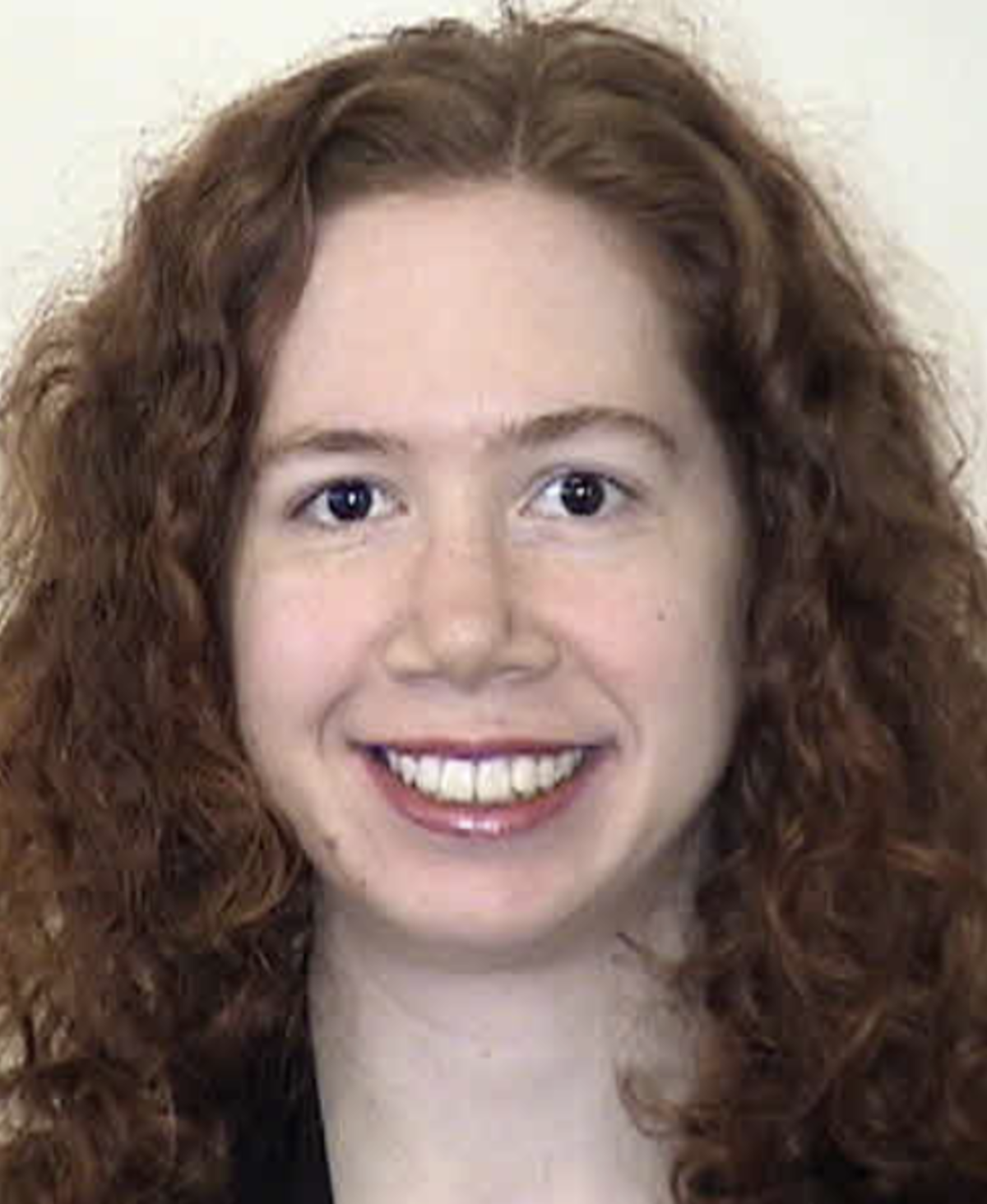Stevens Makes Major Advances in Artificial Intelligence, Machine Learning
New AI-powered research has applications in healthcare, fitness, cybersecurity, self-driving cars
Machine learning and artificial intelligence (AI) technologies that harness big data are rapidly changing the world. Stevens is at the leading edge of this white-hot field, performing research that promises to transform the way do business, take care of our health, commute to work and more.
"There's a lot of impressive work in this field happening here right now," explains computer science department chair Giuseppe Ateniese. "We have assembled top researchers from leading institutions, industry partners and government agencies in this effort."
A tool for probing security weaknesses
Ateniese himself heads multiple projects in cybersecurity that leverage AI and machine-learning techniques to probe and mock-attack conventional networks and protocols with an eye toward improving them.
He led one team in a major breakthrough in understanding password security, creating a neural network known as a GAN (generative adversarial network): a set of algorithms that become progressively better as they repeat a task — in this case, guessing passwords. In tests, the tool cracked sample passwords much more successfully than the best current hacking tools.
"A machine can quickly learn all our human tendencies when making passwords, then teach itself to go beyond those rules," explains Ateniese. "It discovers hidden patterns we didn't even realize existed in our passwords."
For another project, Ateniese's team created a powerful GAN that can decipher supposedly secure private data (for example, pictures on a phone) without even accessing the device's database.
Applications in healthcare, defense, computer vision, sports
Additional AI projects are spread throughout Stevens' three schools and one college.
College of Arts and Letters Dean Kelland Thomas uses AI to teach computers to analyze human music, to the point where they can respond to live music with appropriate improvisations. School of Business professor Jeff Nickerson has initiated and received National Science Foundation (NSF) funding for an ambitious new project that will create a wide-reaching, collaborative network of experts from diverse disciplines who will discuss the future of AI and machine learning in the human workforce.
Both are part of a larger effort to understand how humans can communicate more interactively with computers and their algorithms, then design collaborations that bridge that gap and leverage its power.
Electrical and computer engineering researchers Rajarathnam"Mouli" Chandramouli and K.P. Subbalakshmi use AI to produce a string of remarkable machine learning-powered innovations, including software tools that can detect deception in written text; scan huge volumes of corporate email and phone traffic for signs of insider trading or other financial fraud; and analyze social media posts, emails and voice calls for potential early-warning signs of Alzheimer's disease.
Professor Samantha Kleinberg has performed National Institutes of Health-supported research to develop tools and methods that aid in the analysis of medical data, including neurological intensive-care unit data. The work may be useful in treating patients such as those recovering from strokes.
Stevens has also assembled a considerable research effort in the burgeoning field of computer vision, a key component of autonomous ("self-driving") vehicles and other innovations.
Computer scientist Enrique Dunn, for instance, works on the analysis and exploitation of visual data — in particular, the geometric and semantic relationships found in an imaged environment, the agents interacting within it, and sensors observing it. Faculty researcher Xinchao Wang is a leading expert in video analytics whose player- and shot-tracking technologies are currently utilized by the National Basketball Association.
Supplementing its robust research program, Stevens also regularly brings prominent AI innovators to speak at the university. Google Research Director Peter Norvig, Allen Institute of Artificial Intelligence CEO Oren Etzioni and DARPA program director Reza Ghanadan each recently discussed the promise and potential perils of AI and machine-learning on campus.
[video title="Stevens Institute of Technology - President Nariman Farvardin with Dr. Peter Norvig of Google "]https://www.youtube.com/watch?v=lQ\_sEImbCJU





